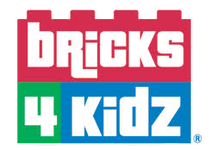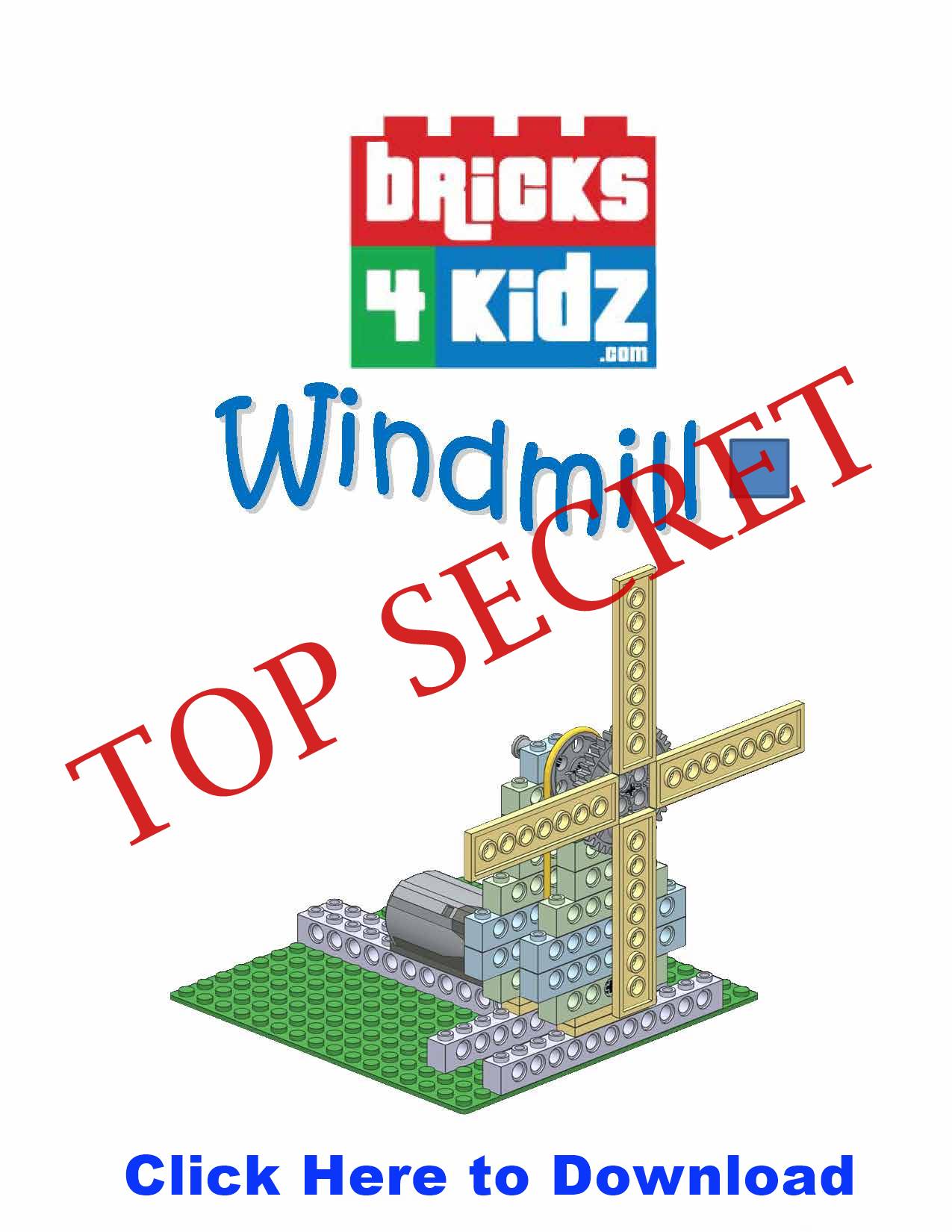Australian performances in mathematics and science have stagnated over the past 20 years, according to latest findings from the 2015 Trends in International Mathematics and Science Study (TIMSS) report released recently.
The report shows that Australian Year 4 students were significantly outperformed by students in 21 countries in mathematics and 17 countries in science.
The results indicate that there is very little improvement in Mathematical achievement between Year 4 to Year 8 after a further four years of education. In fact, now fewer students in Year 8 have a solid understanding of how to apply their mathematical skills. Sue Thomson Director, Educational Monitoring and Research Division; Research Director, Australian Surveys Research Program, Australian Council for Educational Research
The Programme for International Student Assessment (PISA) survey tests the skills and knowledge of 15-year-old students in more than 70 economies worldwide. And it shows that Australian 15-year-olds’ scores on reading, maths and scientific literacy have recorded statistically significant declines since 2000, while other countries have shown improvement.
In real terms, the decline is equivalent to more than half a year of schooling, and that Australian students answered substantially more questions correctly in the year 2000 than in 2012.
Our students have now fallen 3 years behind students from Shanghai in maths and 1½ years behind in reading. A 15-year-old Australian student has the problem-solving abilities equivalent to an average 12-year-old Korean pupil in Maths and Science.
Translate the results into an average classroom of 25 Year 4 students and the picture for mathematics achievement looks similar to that of students in Year 8.
This means that after a further four years of schooling the picture doesn’t really improve, with now fewer students in Year 8 having a solid understanding of how to apply their mathematical skills. Rachel Wilson Senior Lecturer – Research Methodology / Educational Assessment & Evaluation, University of Sydney
Do I believe that international testing can capture everything of importance in Australian education? No. But do I take these findings seriously? Yes, I do. Be it the international studies Programme for International Student Assessment (PISA) and Trends in International Mathematics and Science Study (TIMSS), or the national scheme National Assessment Program – Literacy and Numeracy (NAPLAN), the message is clear Our performance in absolute terms is stalling, or in decline, and our position in global rankings continues to fall. Alan Finkel Chief Scientist for Australia, Office of the Chief Scientist
FINDINGS
The main finding from AEM’s study was that Bricks 4 Kidz students of all ages demonstrated growth in targeted math and science skills.
Participation in Bricks 4 Kidz In-School Workshops and 6-week After-School Enrichment programs was associated with increased scores on test items that measured student understanding of key Bricks 4 Kidz curriculum points.
Growth on Targeted Skills
Students in all five groups scored better, a result consistent with the hypothesis that B4K programs increase student math and science ability.
- Improvement for students in After-School programs ranged from a 6.7 percent increase for Grades 3-5 to a 10.7 percent increase for Grades K-2.
- The improvement for students in Bricks 4 Kidz In-School Workshops is even more pronounced.
- Age 6 workshops students improved 11.3 percent, Age 8 improved 37.0 percent, and Age 10 improved 44.0 percent.
- For the entire study, the average child improved 24.4 percent, the equivalent of two and a half letter grades on an in-school test.
- 9 percent of students scored at least one more item correctly on the post-test over the pretest. In other words, 6 out of 10 children improved their math and science skills over the course of their Bricks 4 Kidz instruction.
Conclusion
The results from AEM’s study show that participation in Bricks 4 Kidz programs was associated with improvement in math and science skills. Students demonstrated greater understanding of age-appropriate curriculum at the end of their Bricks 4 Kidz unit. Parents considering Bricks 4 Kidz should know that their children are likely to demonstrate greater math and science mastery at the completion of the program.

